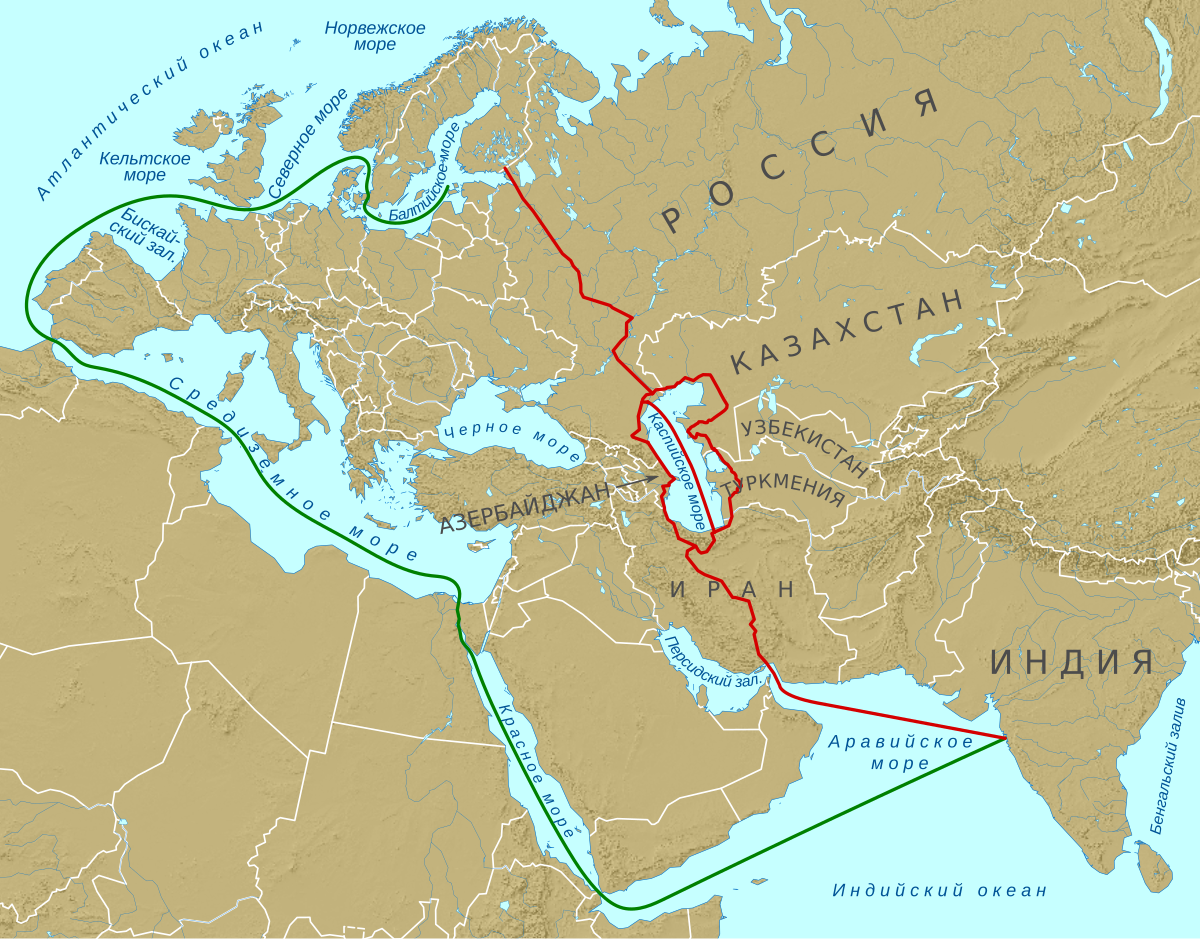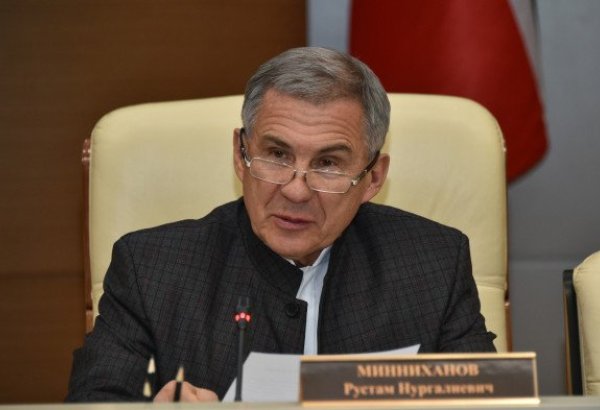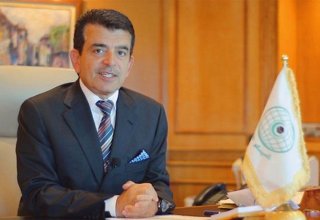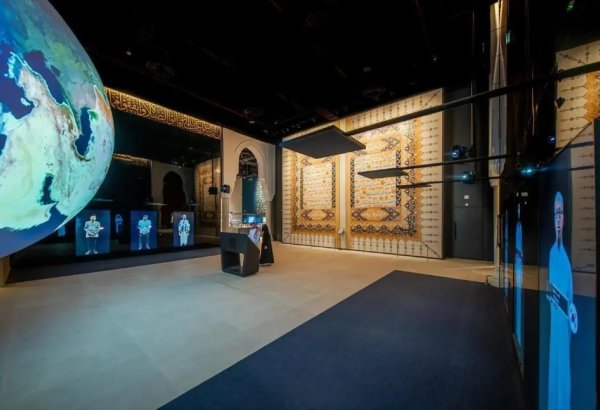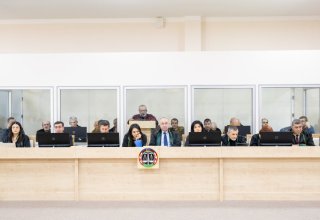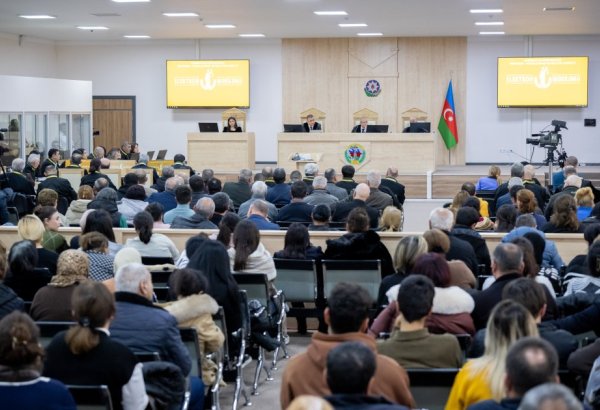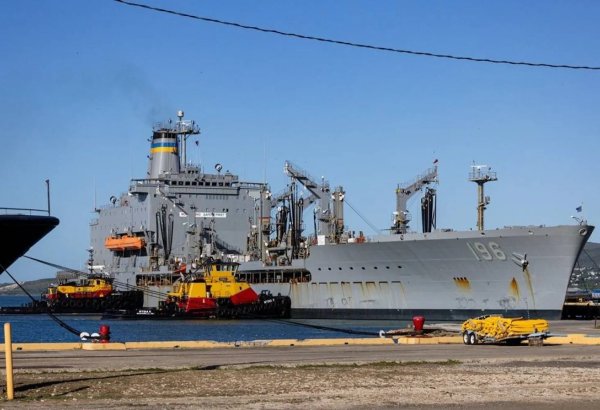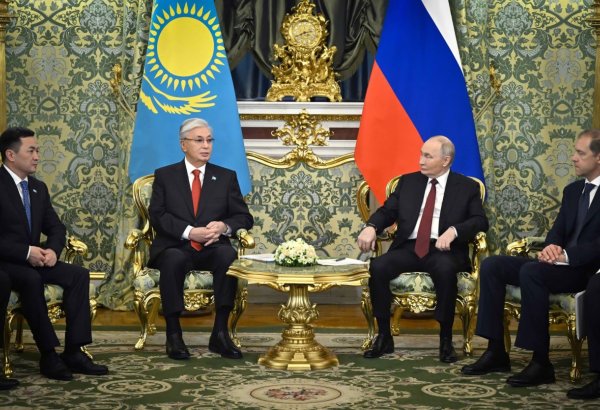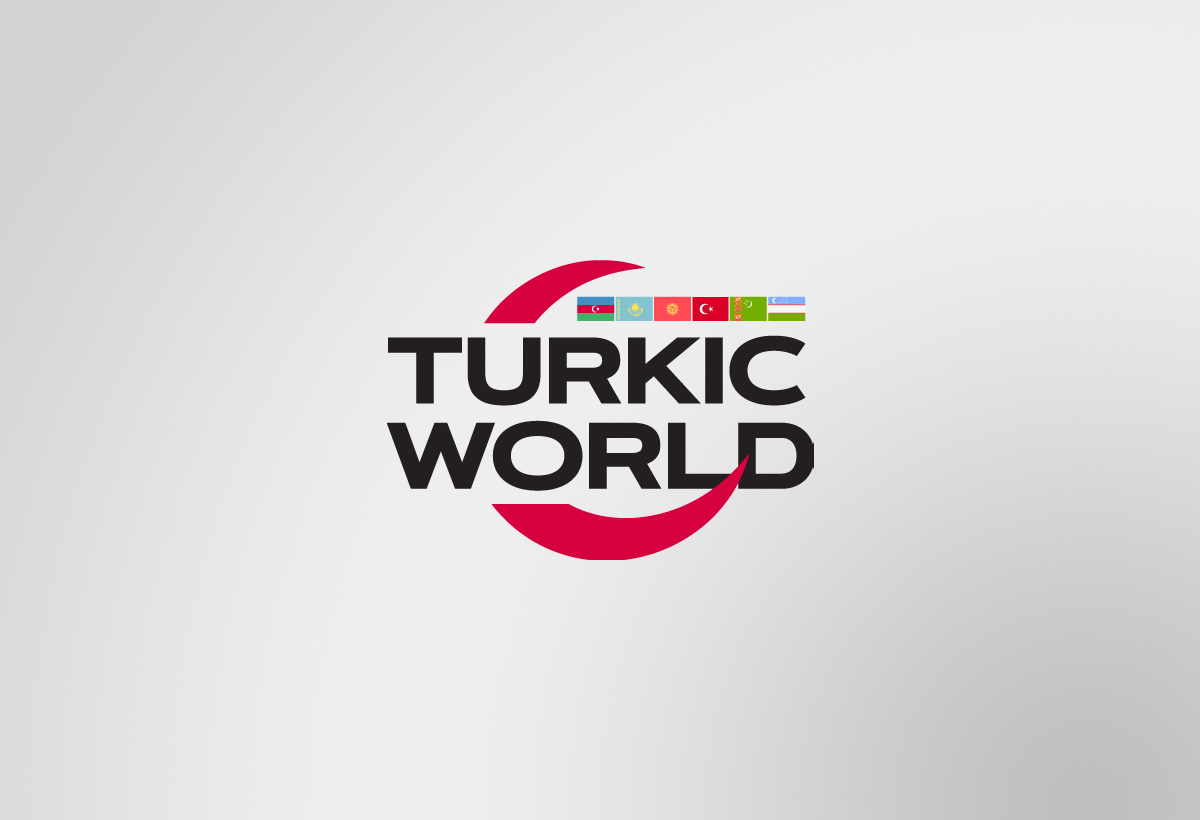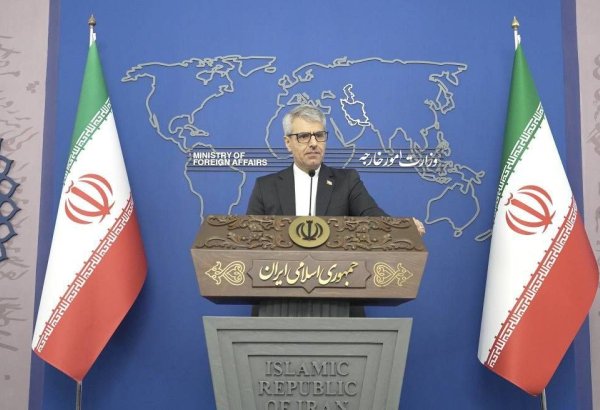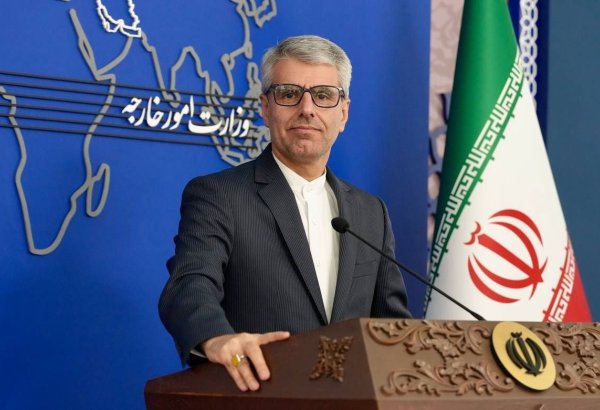BAKU, Azerbaijan, July 29. An increase in mutual trade volumes and the development of cargo transportation along the International North-South Transport Corridor (INSTC) were discussed at a meeting between the head of the government of Russia's Astrakhan region, Denis Afanasev, and an advisor to the head of the Iranian Mostazafan Foundation and chairman of the board of Paya Tarabar Sina Holding, Seyed Mahdi Pakzat, TurkicWorld reports.
"The cargo turnover of the two ports in the Astrakhan region on the Caspian Sea is primarily oriented toward Iran. More than 95 percent of all cargo passing through this transportation hub is destined for Iran. Goods from India and the Persian Gulf countries are transported to Astrakhan via Iran. This highlights the development potential of INSTC, which holds significant promise," Afanasiev said.
According to him, the intensification of the multimodal North-South Transport Corridor is supported by the dredging of the Volga-Caspian Sea shipping channel, which now has a draft of 4.5 meters.
"This improvement is driving increased cargo flows. Over the first five months of this year, cargo turnover between the Astrakhan region and Iran through this section of the ITC across the Caspian reached nearly 2.5 million tons, marking a 60 percent increase compared to the same period last year. The potential capacity of the Astrakhan ports is already 16 million tons, and this is not the limit. A Caspian cluster has been established in the Astrakhan region, encompassing two special economic zones—port and industrial-production types," the Russian official said.
The Mostazafan Foundation is one of Iran's largest commercial enterprises, specializing in various trade, transport, and logistics operations.
To note, two years ago, a cooperation agreement was signed between the Astrakhan Special Economic Zone Lotus and the Paya Tarabar Sina company. Under this agreement, a joint logistics enterprise has been operating since 2023 to advance INSTC.
The multi-vector North-South Transport Corridor has been developing since 2000 with the involvement of 14 countries, including Azerbaijan. One of its routes extends overland through Azerbaijan and continues to Iran.








